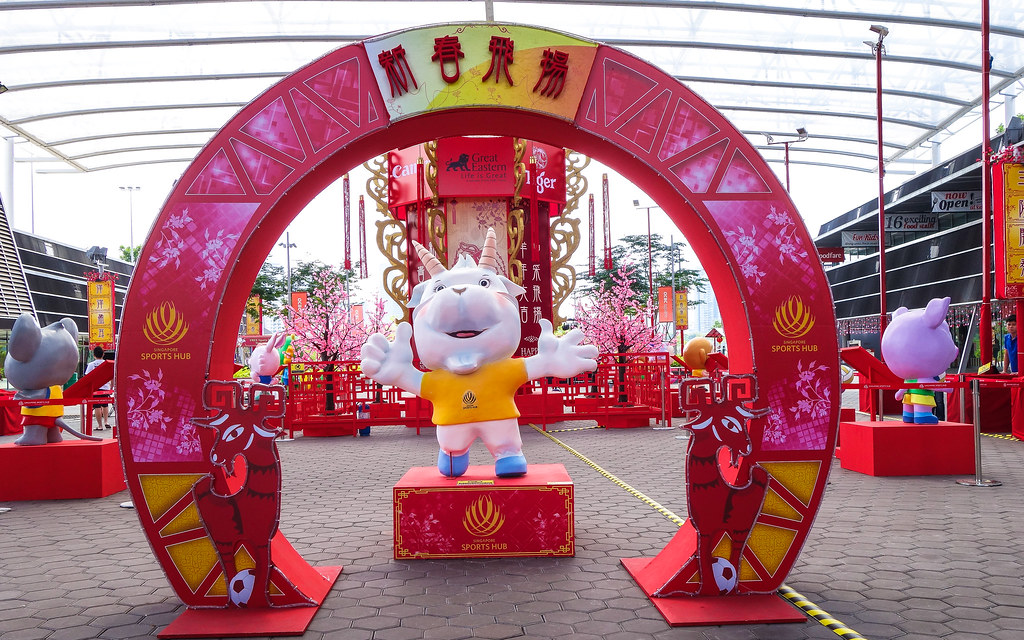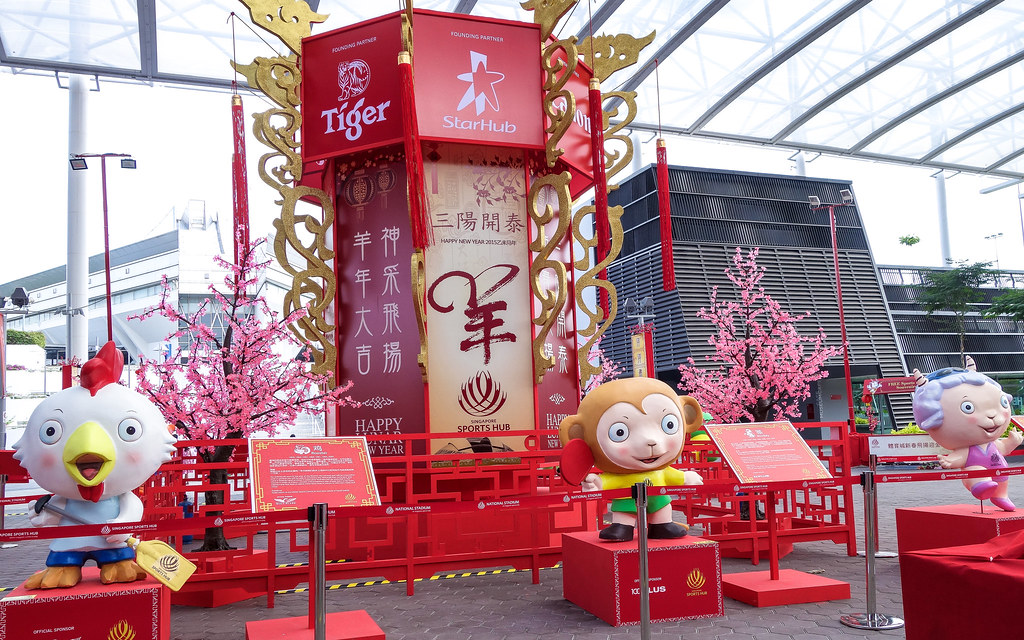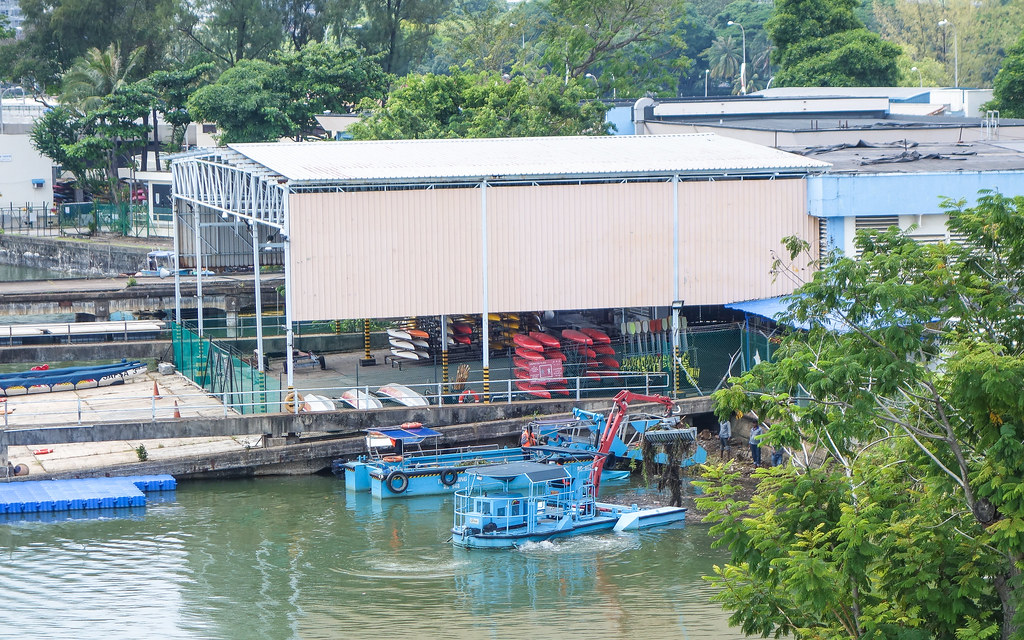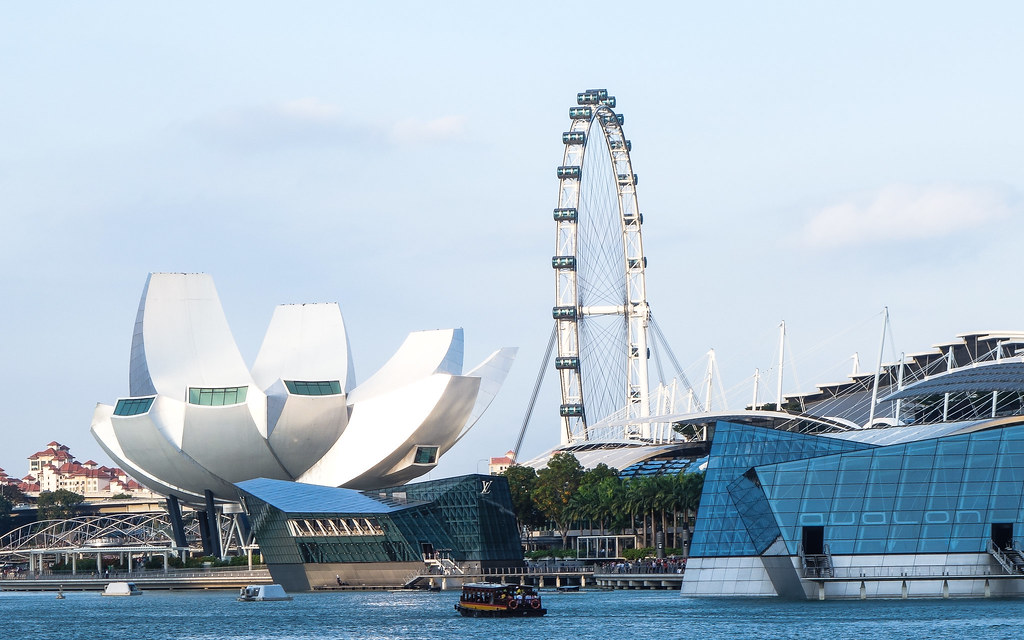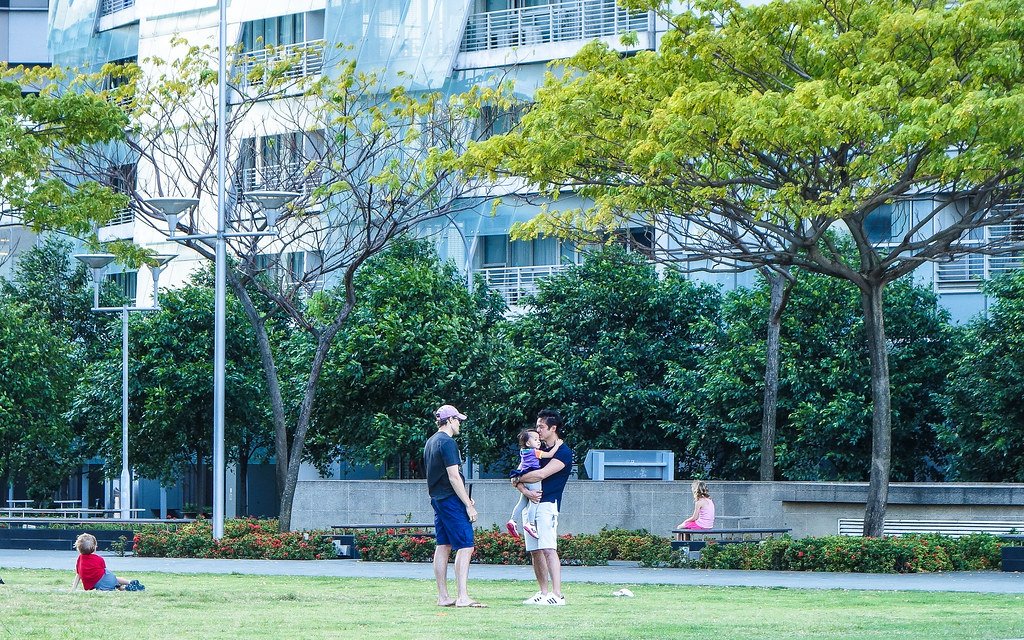- Joined
- Jul 15, 2008
- Messages
- 21,146
- Points
- 113
Commentary, straight talk on less of "hot air" with junta rule
COMMENTARY
Bring on an election, not more hot air
Bangkok PostPublished: 17/02/2015 at 06:00 AM
Will all political conflicts, everything that we have disagreed and fought over, disappear if PM Prayut Chan-o-cha sits down and talks them over with former PM Thaksin Shinawatra?
It's true that Gen Prayut wasted no time in shooting down the proposal made by National Reform Assembly (NRA) member Wanchai Sornsiri on Sunday.
The PM said as a state official, he is not in a position to meet or negotiate with a fugitive trying to escape a court ruling. He can't assign anyone else to do it on his behalf either as that would be equally wrong.
Although it is no longer a valid proposal, Mr Wanchai's idea is still worth musing over.
According to Mr Wanchai, the coup, and everything the costly exercise of replacing political conflicts with military dictatorship entails, would come to naught without a meeting between the two titans.
We can write a new charter. We can organise unity forums in every village. But the country will never be reconciled unless its major politicians, political groups and political parties can strike an agreement among themselves, Mr Wanchai said.
I agree with Mr Wanchai that the new constitution and other fragmented activities to forge a sense of unity are doomed to fail.
The Thai people have made peace with their political choices and affiliations. To many of them, unfortunately, the military junta is not a neutral party that can serve as a mediator.
The military has become an active part of the ongoing conflicts since Gen Prayut staged the May 22, 2014 coup, or even before that.
It's thus unlikely that these people will accept whatever the junta has done as a legitimate platform for national reconciliation.
I will add that the junta is actually doing many things that are jeopardising efforts at reconciliation, if any are being made.
What do you think a summons or "attitude adjustment" session will achieve for people who disagree with the coup if not a deeper sense of animosity?
Resorting to heavy-handed measures including martial law and the Military Court to deal with peaceful, symbolic protests such as one held by anti-coup students at the Bangkok Art and Culture Centre on Saturday will only fire up a spirit of defiance in others who might want to show more forceful resistance.
The National Council for Peace and Order (NCPO) has often said it is here to stamp out political conflicts. It's ironic, therefore, that its presence and its continued suppression of anti-coup voices has turned it into a key perpetrator of conflicts itself.
Back to Mr Wanchai's proposal, I wonder what the reform committee member had in mind when he suggested that Gen Prayut and Thaksin talk. Did he want Thaksin to turn himself in and face his jail term? Did he want Thaksin and his Pheu Thai Party to retreat from Thai politics? Did he want the two men to strike a deal on a political amnesty to clear the decks so that others can move forward?
It's difficult to imagine what the two men can say or do that will resolve the deep-rooted and seemingly irreconcilable political differences that have ensnared politics in this country for more than a decade.
It's even more illogical considering the two men actually represent no-one in the country. The political conflicts have pitched groups of people against one another. Hundreds have died as a result. What on earth can be a fair deal for millions of people, who uphold a variety of different political ideals, that can come from the two men?
I understand that Mr Wanchai probably made the suggestion because it could be a convenient solution to the conflict, Thai-style.
The general and former PM are two big men who command large followings. Mr Wanchai must have thought it would be easier for supporters of the two major political camps to move forward if their leaders could reach an agreement on what terms they want. There would be no clashes, no more blood-letting. People would just follow their leaders.
Alas, this vision is way too simplistic to accommodate the enormous complications that mark Thai politics today. The conflicts have become too deep to be resolved with talks between two people. They can only be managed, just like in other democratic countries.
Gen Prayut does not need to talk with Thaksin. What he should do is hold a new election and let democracy run the reconciliation course.
Atiya Achakulwisut is Contributing Editor, Bangkok Post.
COMMENTARY
Bring on an election, not more hot air
Bangkok PostPublished: 17/02/2015 at 06:00 AM
Will all political conflicts, everything that we have disagreed and fought over, disappear if PM Prayut Chan-o-cha sits down and talks them over with former PM Thaksin Shinawatra?
It's true that Gen Prayut wasted no time in shooting down the proposal made by National Reform Assembly (NRA) member Wanchai Sornsiri on Sunday.
The PM said as a state official, he is not in a position to meet or negotiate with a fugitive trying to escape a court ruling. He can't assign anyone else to do it on his behalf either as that would be equally wrong.
Although it is no longer a valid proposal, Mr Wanchai's idea is still worth musing over.
According to Mr Wanchai, the coup, and everything the costly exercise of replacing political conflicts with military dictatorship entails, would come to naught without a meeting between the two titans.
We can write a new charter. We can organise unity forums in every village. But the country will never be reconciled unless its major politicians, political groups and political parties can strike an agreement among themselves, Mr Wanchai said.
I agree with Mr Wanchai that the new constitution and other fragmented activities to forge a sense of unity are doomed to fail.
The Thai people have made peace with their political choices and affiliations. To many of them, unfortunately, the military junta is not a neutral party that can serve as a mediator.
The military has become an active part of the ongoing conflicts since Gen Prayut staged the May 22, 2014 coup, or even before that.
It's thus unlikely that these people will accept whatever the junta has done as a legitimate platform for national reconciliation.
I will add that the junta is actually doing many things that are jeopardising efforts at reconciliation, if any are being made.
What do you think a summons or "attitude adjustment" session will achieve for people who disagree with the coup if not a deeper sense of animosity?
Resorting to heavy-handed measures including martial law and the Military Court to deal with peaceful, symbolic protests such as one held by anti-coup students at the Bangkok Art and Culture Centre on Saturday will only fire up a spirit of defiance in others who might want to show more forceful resistance.
The National Council for Peace and Order (NCPO) has often said it is here to stamp out political conflicts. It's ironic, therefore, that its presence and its continued suppression of anti-coup voices has turned it into a key perpetrator of conflicts itself.
Back to Mr Wanchai's proposal, I wonder what the reform committee member had in mind when he suggested that Gen Prayut and Thaksin talk. Did he want Thaksin to turn himself in and face his jail term? Did he want Thaksin and his Pheu Thai Party to retreat from Thai politics? Did he want the two men to strike a deal on a political amnesty to clear the decks so that others can move forward?
It's difficult to imagine what the two men can say or do that will resolve the deep-rooted and seemingly irreconcilable political differences that have ensnared politics in this country for more than a decade.
It's even more illogical considering the two men actually represent no-one in the country. The political conflicts have pitched groups of people against one another. Hundreds have died as a result. What on earth can be a fair deal for millions of people, who uphold a variety of different political ideals, that can come from the two men?
I understand that Mr Wanchai probably made the suggestion because it could be a convenient solution to the conflict, Thai-style.
The general and former PM are two big men who command large followings. Mr Wanchai must have thought it would be easier for supporters of the two major political camps to move forward if their leaders could reach an agreement on what terms they want. There would be no clashes, no more blood-letting. People would just follow their leaders.
Alas, this vision is way too simplistic to accommodate the enormous complications that mark Thai politics today. The conflicts have become too deep to be resolved with talks between two people. They can only be managed, just like in other democratic countries.
Gen Prayut does not need to talk with Thaksin. What he should do is hold a new election and let democracy run the reconciliation course.
Atiya Achakulwisut is Contributing Editor, Bangkok Post.















